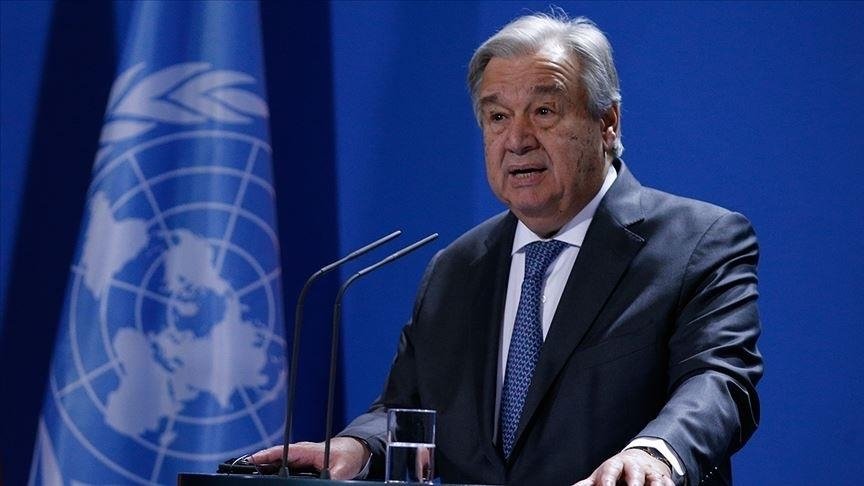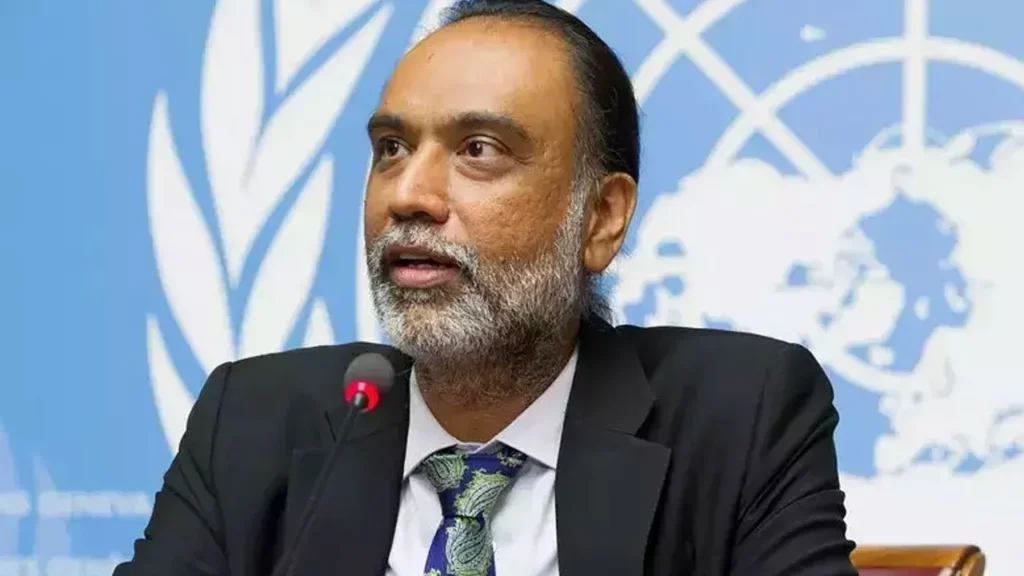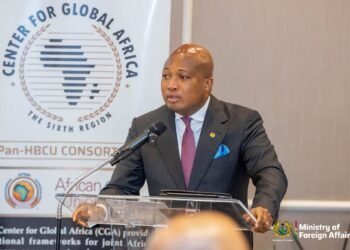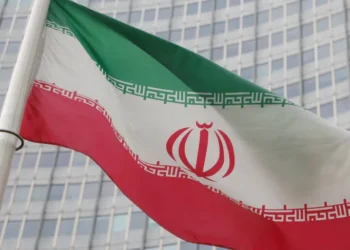The rapid spread of artificial intelligence across industries and borders has left governments scrambling to establish frameworks that can keep pace. However, international cooperation has remained limited, with fragmented initiatives failing to provide coherent oversight.
On Thursday, a landmark gathering at the United Nations Headquarters sought to change that trajectory, marking the beginning of a more inclusive approach to global AI governance.
The meeting came against the backdrop of both optimism and unease surrounding the future of AI. Investors continue to pour billions into the sector, while scientists and policymakers warn of risks ranging from misinformation to economic disruption.
Some experts, including OpenAI CEO Sam Altman, warned that the AI market is in “a bubble”, driven by excessive investor excitement over AI’s potential. Venture capital investment in generative AI surged to $49.2 billion in the first half of 2025, surpassing 2024 totals. The U.S. alone is currently investing $470.9 billion, focusing on areas such as generative AI, semiconductors, cloud infrastructure, and autonomous systems. High-value investments in established AI firms and agentic AI are also some key areas attracting capital.
According to a 2024 UN study, 118 countries remain outside the scope of major international AI governance arrangements, and only seven nations, primarily developed economies, are involved in all significant initiatives.
The High-Level General Assembly session on September 25 broke new ground, as all 193 UN Member States were invited to shape a common vision for how this powerful technology should be managed globally. Beyond diplomats, the event drew scientists, civil society groups, the private sector, and members of the technology community.
Two new mechanisms were placed at the center of discussions: the Global Dialogue on AI Governance and the Independent International Scientific Panel on AI. Both were conceived following recommendations in the 2024 UN report Governing AI for Humanity and were formally established by a unanimous General Assembly resolution in August 2025.
UN Secretary-General António Guterres described the adoption of these mechanisms as “a significant step forward in global efforts to harness the benefits of artificial intelligence while addressing its risks.”

New Global Frameworks To Shape Technology
The Global Dialogue aims to serve as a standing venue where governments, industry, scientists, and civil society can coordinate on issues related to AI. Its mission includes sharing best practices, discussing major incidents, and fostering interoperability of governance systems across borders. By design, the Dialogue is intended to become the principal stage for collective deliberation on AI policy worldwide.
Alongside it, the Independent Scientific Panel is tasked with providing impartial and evidence-based guidance. Backed by the UN system, the Panel will examine risks and opportunities associated with AI and generate annual reports to inform the Dialogue’s deliberations. The expectation is that policymakers will rely on these assessments to anchor their decisions in independent science rather than political expediency.
Amandeep Singh Gil, the UN Special Envoy for Digital and Emerging Technologies, emphasized the historic nature of the initiative. “These two global mechanisms are not just new functions,” he said.
“They are building blocks of a new architecture of technology governance. They are our promise to future generations to ensure that humanity remains at the centre of technological progress.”
Amandeep Singh Gil
Mr. Gil underlined the significance of the inclusive structure now being put in place.

“AI’s impact is global, but its governance is not. Through the Global Dialogue, for the first time, all 193 member countries of the UN will have a seat at the table in shaping international cooperation on AI governance.”
Amandeep Singh Gil
He further noted the role of the scientific community in narrowing uncertainties.
“The Scientific Panel will bring together leading scientists from across the globe to narrow the cone of uncertainty around the risks, opportunities, and impacts of AI. The Panel will help ensure that AI policy is grounded in impartial evidence.”
Amandeep Singh Gil
The initiative represents the first attempt to move beyond fragmented national policies and elite-driven frameworks to create a truly universal approach. While optimism remains high, much will depend on whether governments, private actors, and civil society can cooperate to translate the UN’s vision into tangible safeguards and benefits for people worldwide.
READ ALSO: Expert Backs Ghana’s Anti-Genocide Stand, Chides Minority’s Criticism


















